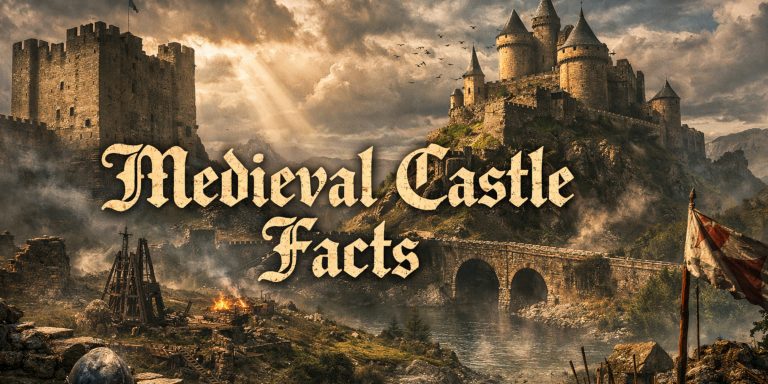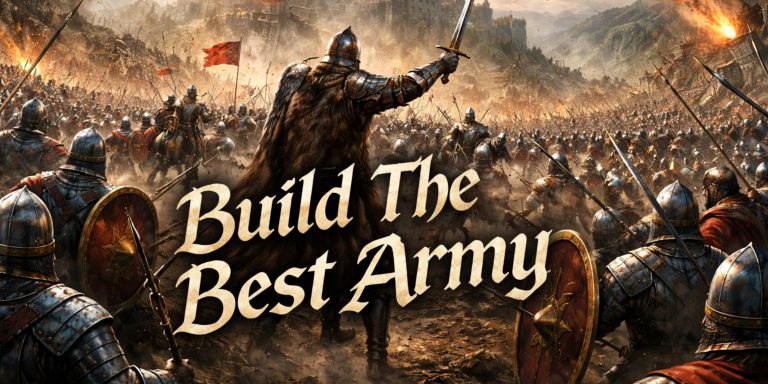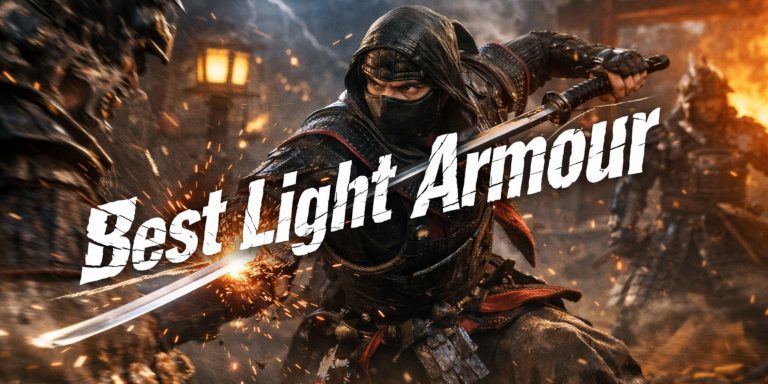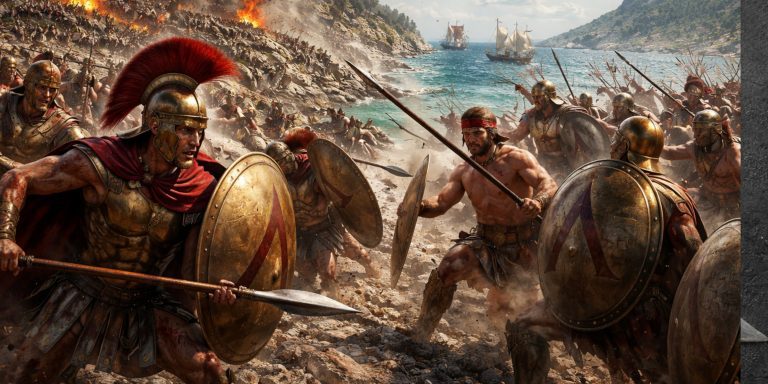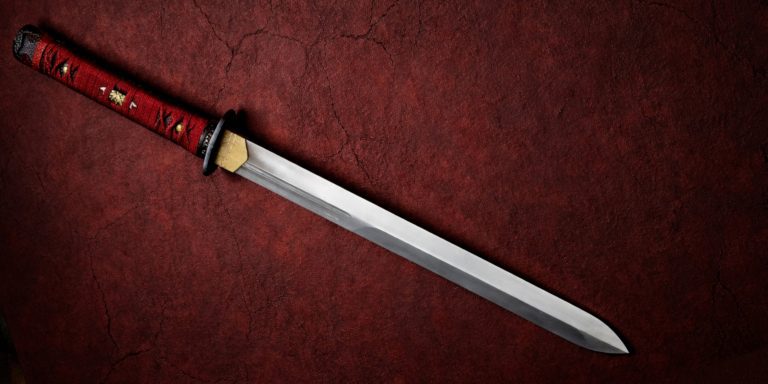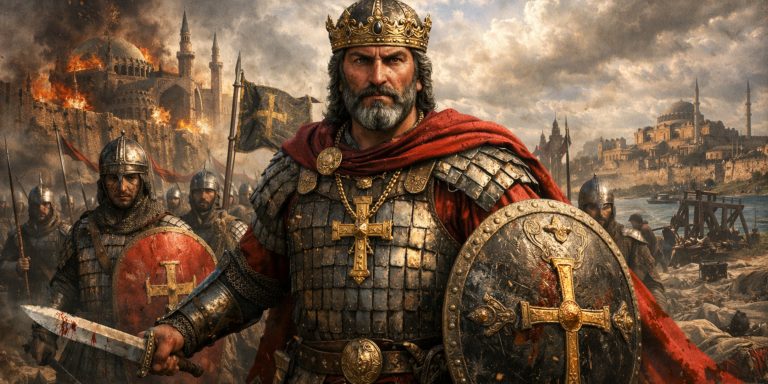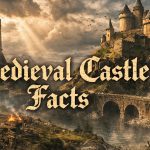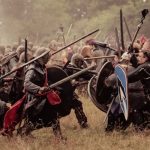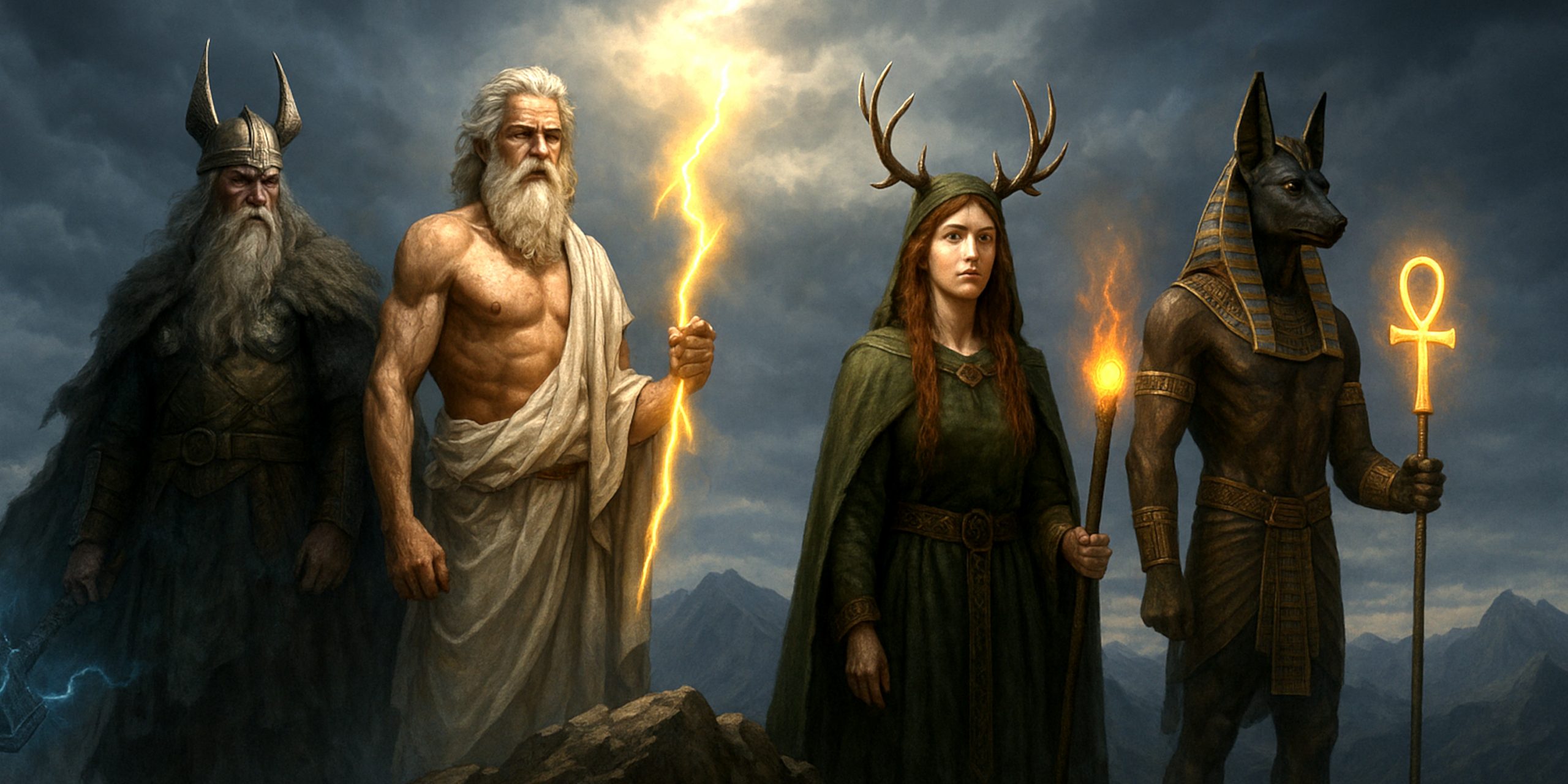
Every good fantasy story needs something bigger than humanity, something ancient, mystical, and slightly terrifying. That’s why so many modern creators borrow from pagan gods, legends, and rituals. Whether it’s Odin guiding Kratos through God of War or Celtic spirits haunting the forests of The Witcher, these myths continue to breathe life into our favourite fictional worlds.
As someone who’s played far too many games featuring glowing runes and questionable sacrifices, I find it fascinating how old religions never really died, they just respawned with better graphics.
Norse Gods: The Blueprint for Modern Myth
You can’t talk about gods in games without mentioning the Norse pantheon. Odin, Thor, Loki, Freya, they’re practically the celebrity cast of fantasy.
Influence in Games and Media:
- God of War (2018–) reimagined Odin and Thor as morally grey, flawed beings rather than heroic paragons.
- Assassin’s Creed: Valhalla built an entire mythic layer around Norse cosmology, from Yggdrasil to Ragnarök.
- Even Skyrim borrows heavily from Norse ideas of divine warriors and afterlives, with Sovngarde standing in for Valhalla.
What makes the Norse gods so adaptable is their humanity. They fight, deceive, and make mistakes. That chaos translates perfectly into compelling storylines and morally ambiguous quests.
Greek and Roman Gods: The Eternal Drama
If the Norse gods were wild and fatalistic, the Greek and Roman ones were basically divine soap opera stars. Betrayal, jealousy, forbidden love, it’s all there.
Influence in Games and Media:
- Hades turned the underworld into a roguelike family reunion full of bickering gods and poetic tragedy.
- Smite lets you literally fight as Zeus or Aphrodite, which is probably the dream of at least one Classics student.
- In Percy Jackson and Immortals Fenyx Rising, the gods become relatable mentors or comic relief rather than distant cosmic entities.
The Greeks gave us flawed gods who embody human emotion, while the Romans made them efficient and powerful. Together, they shaped the template for divine storytelling across centuries of fantasy.
Celtic and British Paganism: The Wild Magic of the Isles
Before Christianity reached the British Isles, the Celts had a rich pantheon tied to nature, transformation, and death. Figures like the Morrígan, Cernunnos, and Brigid blur the line between god, spirit, and monster.
Influence in Games and Media:
- Hellblade: Senua’s Sacrifice channels Celtic and Norse beliefs about death and madness, creating a hauntingly grounded mythos.
- The Witcher’s leshy and dryads echo Celtic forest deities, wild, unpredictable, and ancient.
- Even Dark Souls carries hints of druidic ritual and pagan reverence for cyclical life and decay.
Celtic mythology adds atmosphere more than structure. It’s about misty moors, whispered curses, and the sense that nature is watching you. Fantasy loves that ambiguity, it feels old, personal, and almost believable.
Egyptian Gods: Death, Rebirth, and Power
The Egyptians treated gods like living concepts, each represented balance, chaos, or transformation. Ra, Anubis, Isis, and Set were both divine and symbolic.
Influence in Games and Media:
- Assassin’s Creed Origins dives straight into Egyptian theology, showing how belief shaped society and empire.
- Stargate (yes, the sci-fi series) famously reimagined Egyptian gods as alien overlords, turning myth into mythology-as-technology.
- In fantasy RPGs, the desert pantheon trope, jackal-headed guardians and sun priests, is a direct descendant of Egyptian myth.
Egyptian gods give writers permission to play with mortality, magic, and cosmic justice, all wrapped in gold and sand.
Slavic and Eastern Paganism: The Forgotten Pantheons
Slavic deities like Perun (thunder), Veles (earth and underworld), and Mokosh (fertility) rarely get Hollywood’s attention, yet their influence is creeping into darker fantasy worlds.
Influence in Games and Media:
- The Witcher’s Slavic roots are deep, its monsters, rituals, and even Geralt’s stoicism echo old Polish folklore.
- Black Book and Thea: The Awakening directly draw from Eastern European myths of spirits, witches, and ancient bargains.
- These tales give us a different kind of magic, gritty, rooted in superstition and survival, rather than grand heroism.
It’s less about gods ruling from on high and more about spirits haunting your doorstep. Which, let’s be honest, feels far more relatable.
Paganism’s Real Power: Storytelling That Endures
The thing about pagan gods is that they never truly vanished. They evolved, from temple idols to boss fights, from firelit myths to cutscenes. Their stories survive because they speak to human nature: the need to explain chaos, to find meaning, to laugh at fate.
Modern fantasy thrives on that same impulse. When you summon a spell in Elden Ring or face a demigod in Baldur’s Gate 3, you’re tapping into a storytelling tradition older than any written word.
And maybe that’s the secret of these gods. They don’t demand worship anymore. They just ask that we keep playing.

